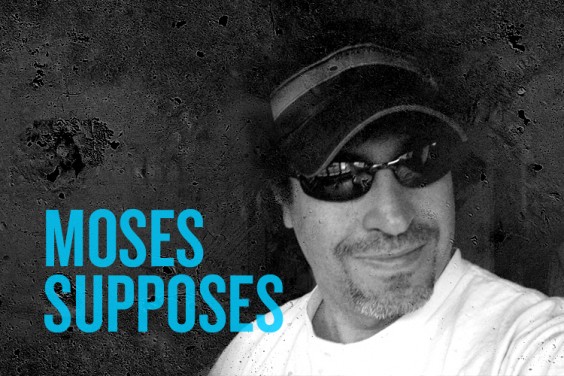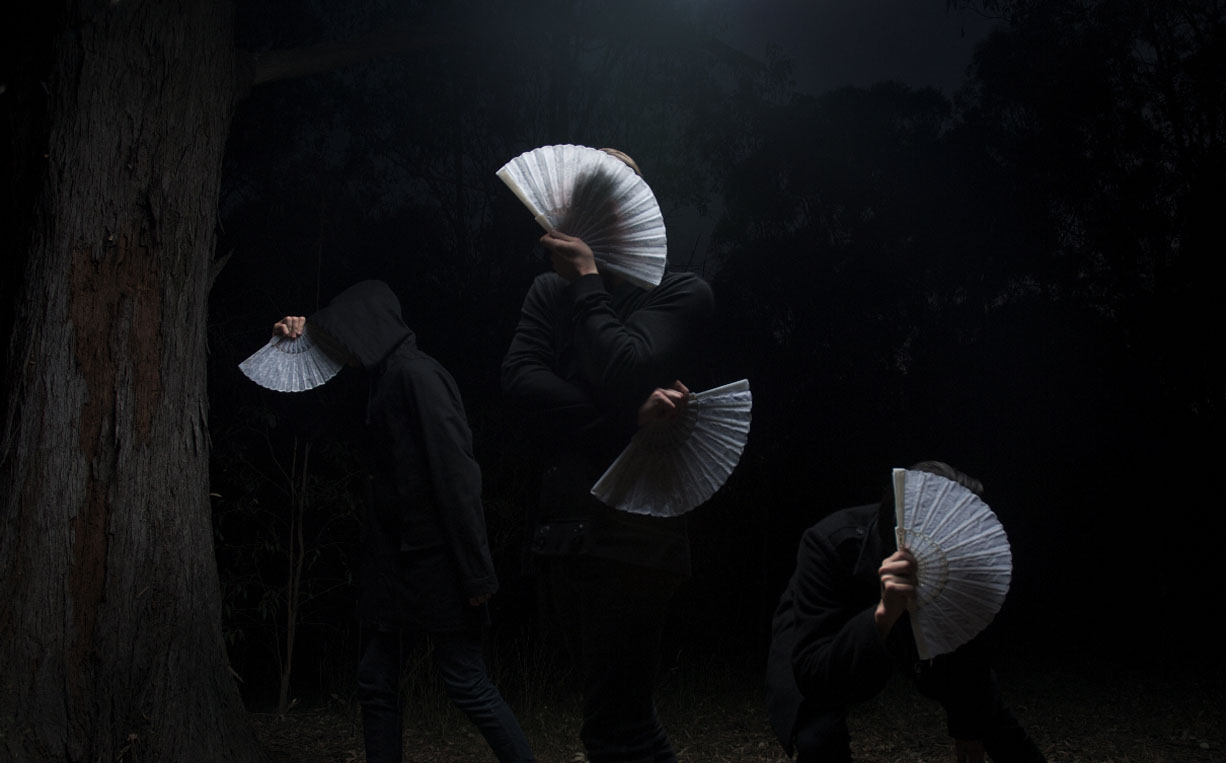Moses Avalon is one of the nation’s leading music-business consultants and artists’-rights advocates and is the author of a top-selling music business reference, Confessions of a Record Producer. More of his articles can be found at www.mosesavalon.com.
The Mayan calendar claims that the world will come to an abrupt end in 2012. We have all heard the hype and suffered through the movies. But even if that prediction falls flat, the pop-music business may still experience its own armageddon shortly thereafter. Are these just the ravings of another music-industry expert flying off the rails? Let’s see.
In 2013, many classic recordings are scheduled to slip out of the control of their major labels. No, I’m not referring to odd recordings that no one actually collects. This list of records includes some of the top-selling albums of all time (abbreviated list below)!
Even though music-business insiders have been dreading this for years, the New York Times finally decided that it was a newsworthy enough subject and published a piece a few weeks ago about this issue (called “termination of masters”). Unfortunately, the reporter they assigned seemed to a have limited understanding of how the music business really works, as well as of copyright in general. In his article, he kept interchanging the word “songs” with “master recordings,” which littered his post with inaccurate statements like, “artists can claim their songs in 2013.”
Though this New York Times piece may be new info to outsiders, it is a subject that has long been on the minds of those concerned with the recording industry and artist rights. I reported about the subject in a 2008 Moses Supposes article. Here’s the reprint for your perusal:
Mayan meltdown at majors
The hot topic for the American Bar Association conference in 2008 was “termination of masters,” a little raison d’etre in the copyright act that supposedly levels the playing field for authors who are often at a disadvantage to the big, bad publisher (or record company, in this case). The copyright act states that after 35 years, the license or transfer of a work must “terminate” and revert back to the original author.



